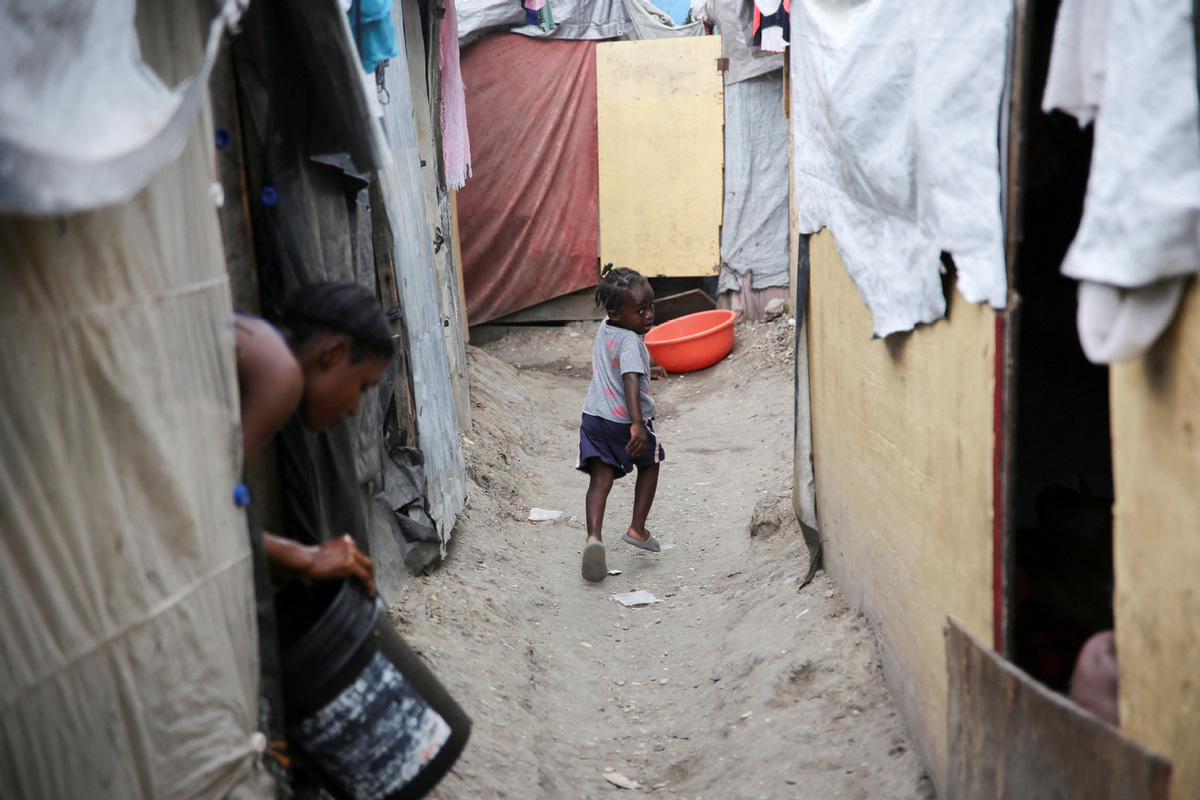Forcibly displaced population reaches decade-high levels


The number of people displaced by war, violence and persecution worldwide has reached 122.1 million, amid dwindling humanitarian funding, according to the latest report from the United Nations High Commissioner for Refugees, or UNHCR.
According to UNHCR's annual Global Trends Report released on June 12, there were 122.1 million forcibly displaced people by the end of April 2025, up from 120 million at the same time last year, representing around a decade of year-on-year increases in the number of refugees and those forced to flee their homes. The main drivers of displacement remain large conflicts and the continued failure to stop the fighting.
Filippo Grandi, UN High Commissioner for Refugees, said: "We are living in a time of intense volatility in international relations, with modern warfare creating a fragile, harrowing landscape marked by acute human suffering. We must redouble our efforts to search for peace and find long-lasting solutions for refugees and others forced to flee their homes."
While the number of forcibly displaced people has almost doubled in the last decade, funding for UNHCR now stands at roughly the same level as in 2015 amid brutal and ongoing cuts in humanitarian aid, the UN Refugee Agency said in a press release, adding that this situation is untenable, leaving refugees and others fleeing danger even more vulnerable.
"Even amid the devastating cuts, we have seen some rays of hope over the last six months," Grandi added. "Nearly2 million Syrians have been able to return home after over a decade uprooted. The country remains fragile and people need our help to rebuild their lives again." In total, 9.8 million forcibly displaced people returned home in 2024.
The report calls for continued funding of UNHCR programs that save lives, assist refugees and internally displaced people returning home and reinforce basic infrastructure and social services in host communities, as an essential investment in regional and global security.
































